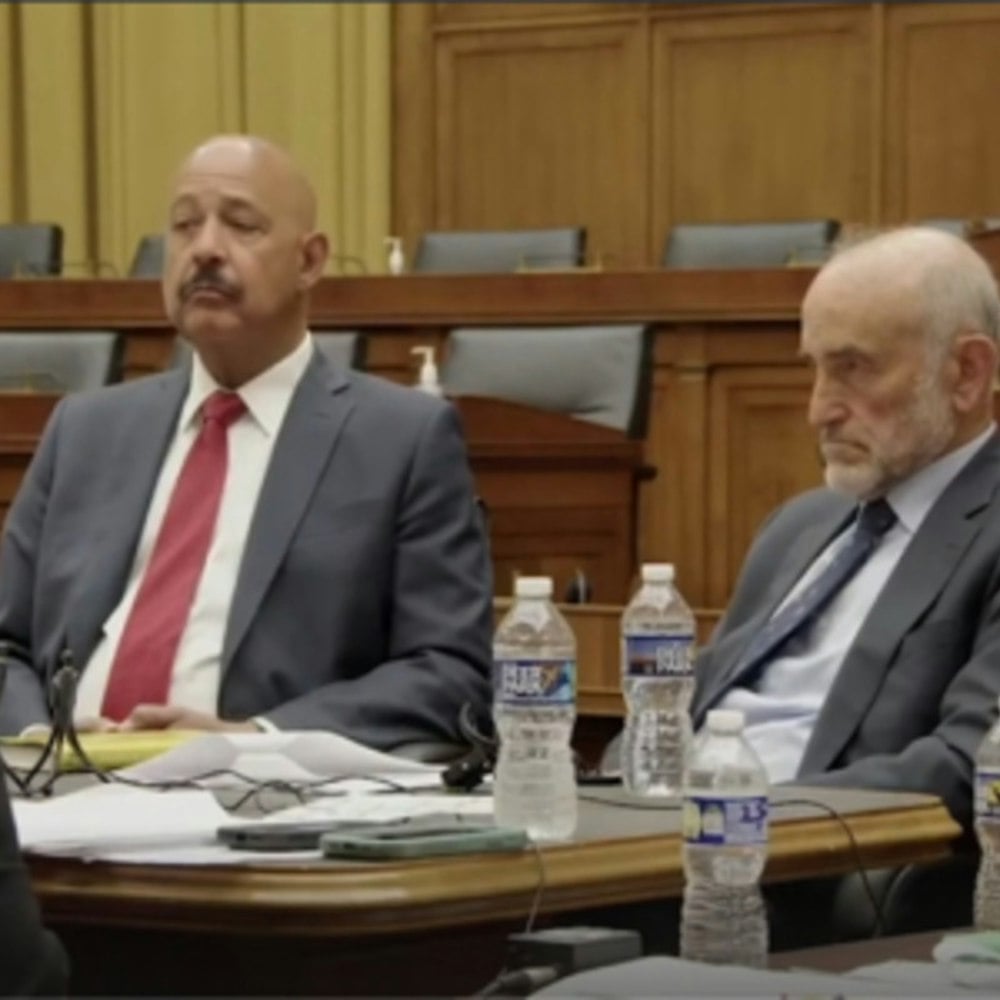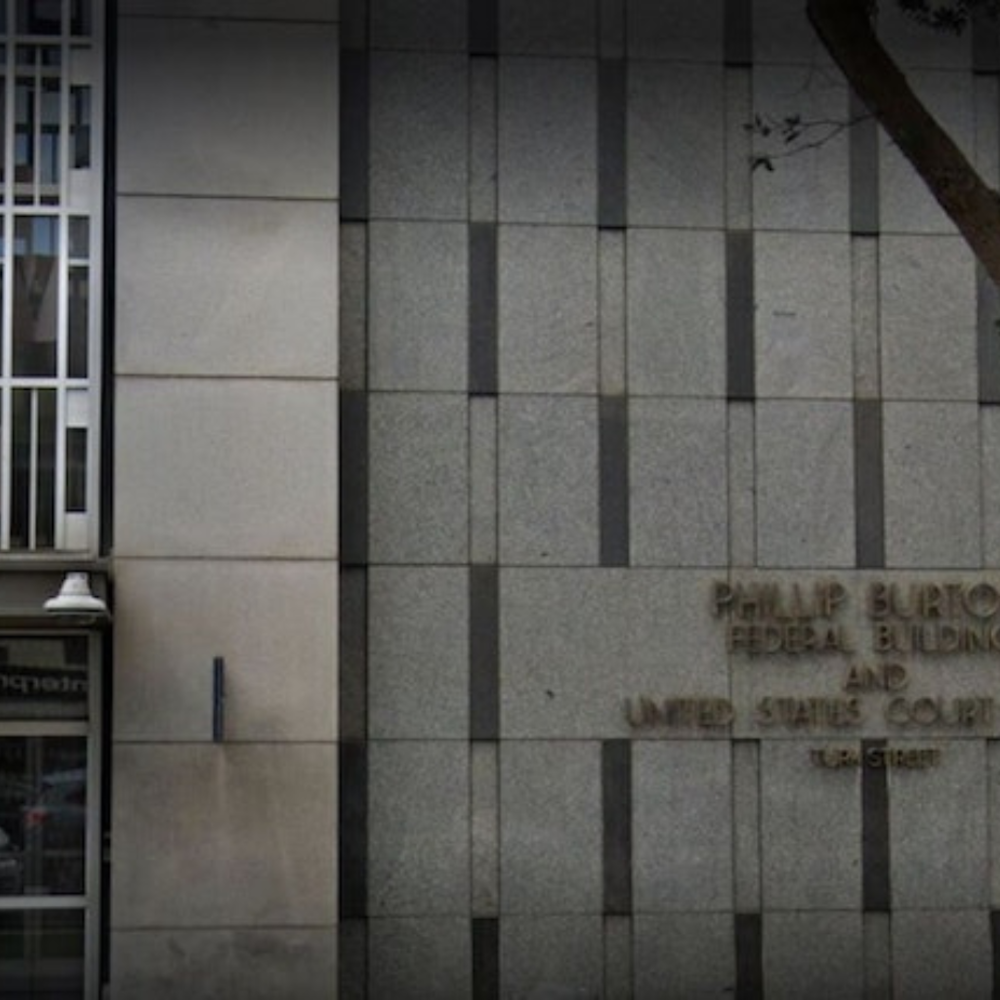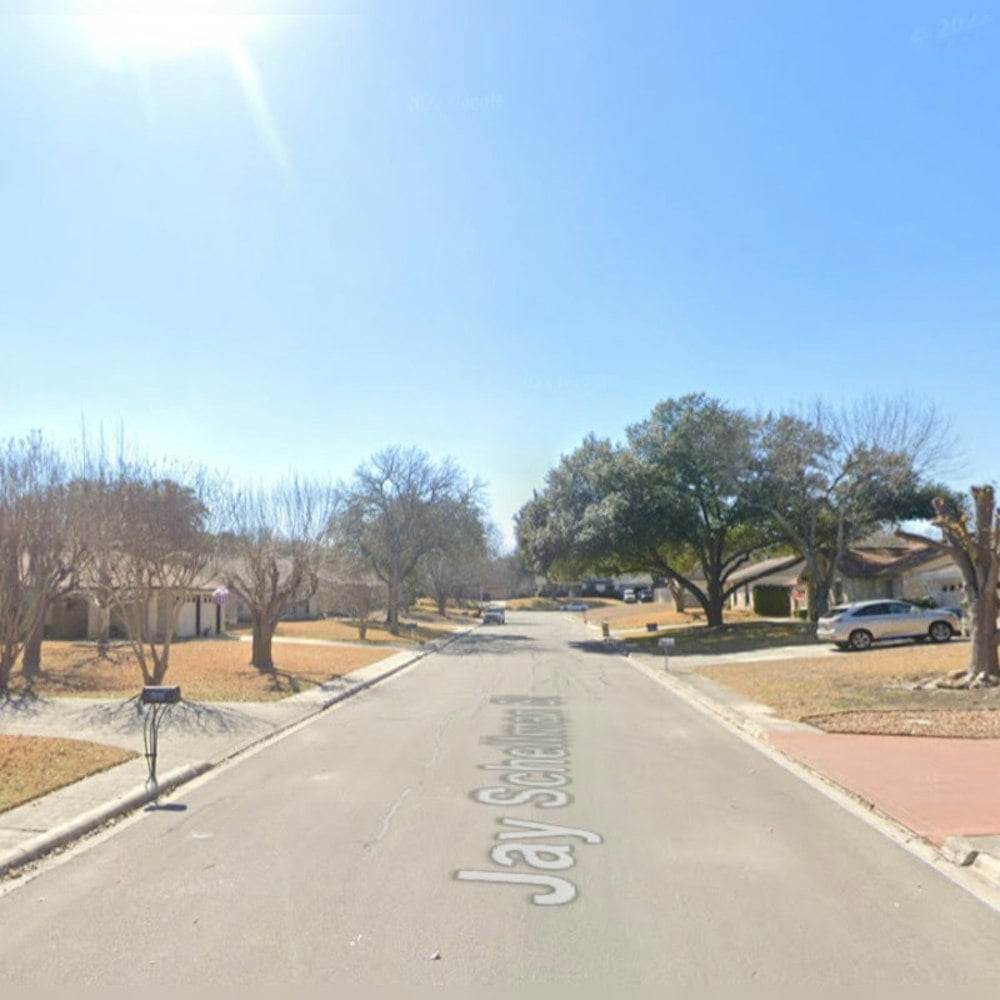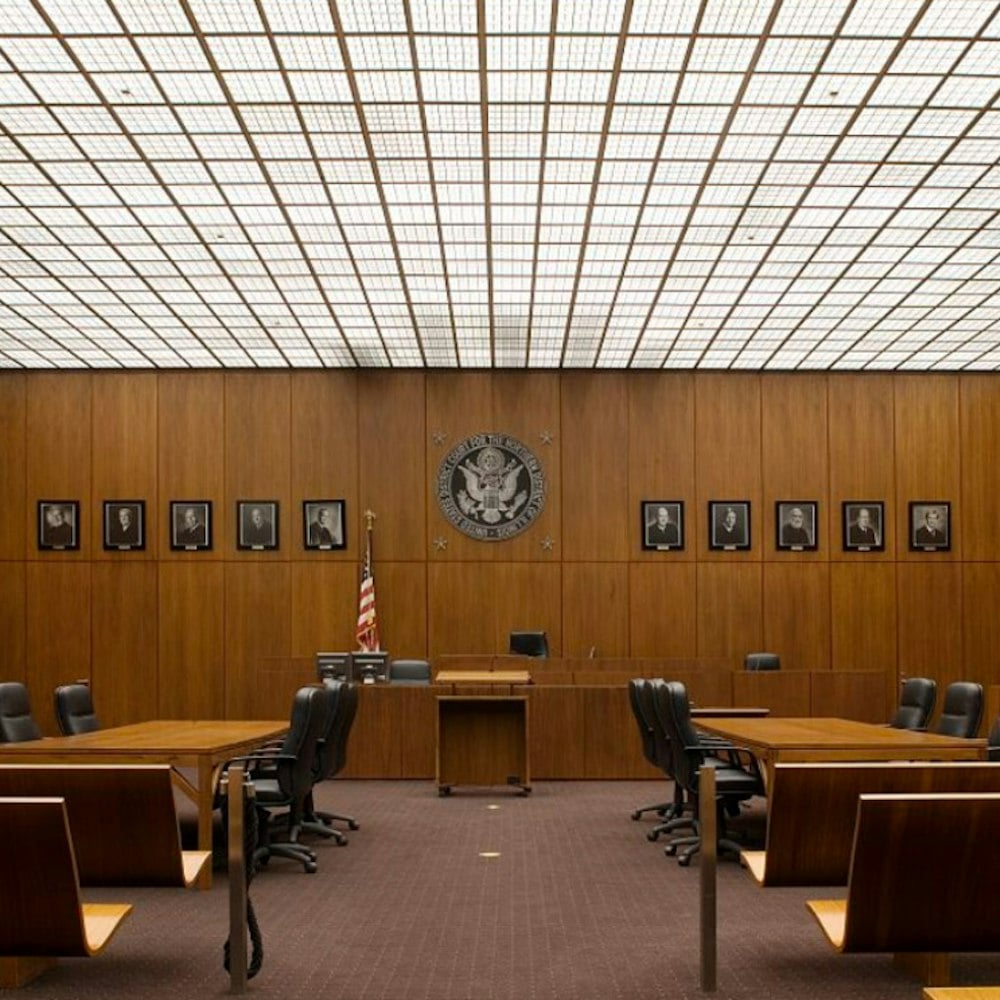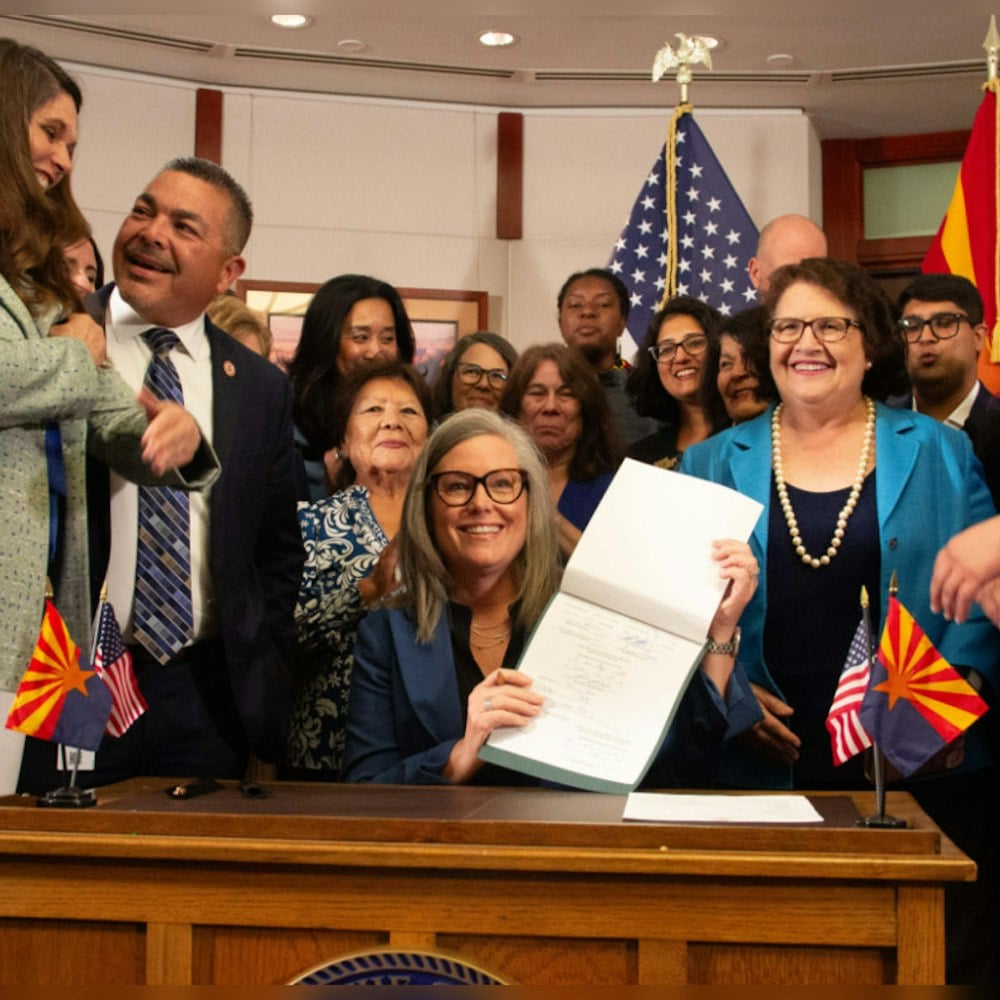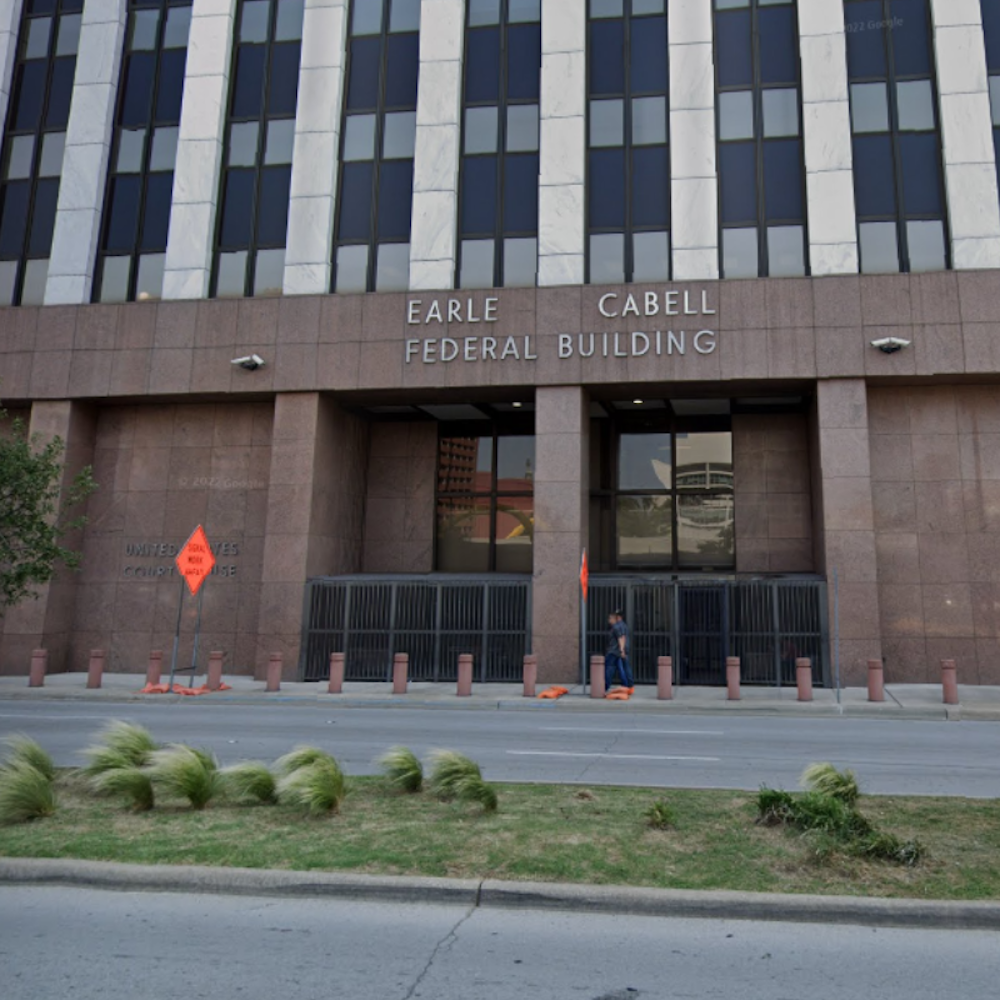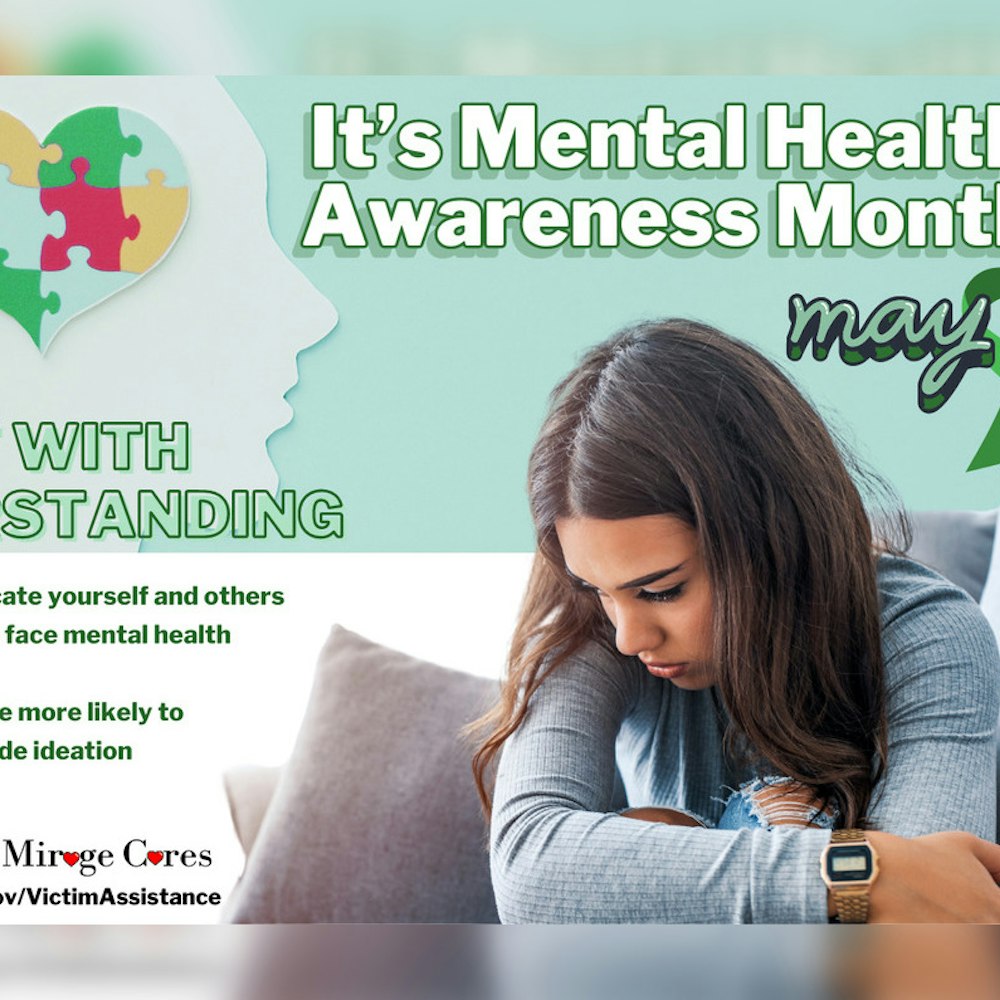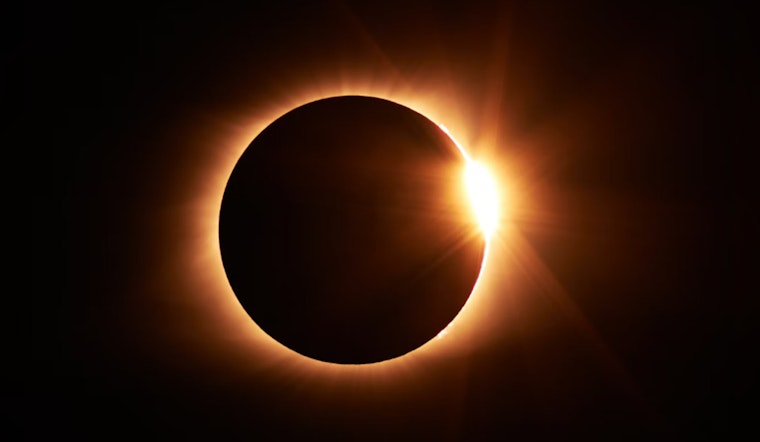
As the U.S. gears up for a stellar spectacle with the total solar eclipse slicing through on April 8, myth-busting seems to be as much a part of the event as the viewing itself. Despite being an awe-inspiring scientific phenomenon that will even give many South Texans more than four minutes in darkness, age-old superstitions are still hanging around, according to KSAT.
Cultural tales and myths meant to explain this cosmic event have seeped deep into societal beliefs, prompting some to take questionable precautions. For instance, there’s a pervasive myth that solar eclipses can adversely impact pregnant women, leading to birth defects; a belief particularly noted in Hispanic communities. However, contrary to these myths, NASA has clarified that the eclipse poses no danger to expectant mothers or their babies, nor does it emit harmful radiation. These facts have done little to fully dispel the old wives' tales that pregnant women should wear safety pins as protection against negative eclipse influences.
Moreover, people have also feared that the event could lead to health issues if one’s birthday falls within six months before or after the solar phenomenon. Yet, again NASA dismisses such beliefs, stating they are merely supported by confirmation bias. Another debunked myth includes the idea that solar rays can poison food prepared during the eclipse—an unfounded fear based on no scientific evidence, assures NASA in statements obtained by KSAT.
On the historical side of superstitions, professors in North Texas weighed in on the diverse cultural tapestry of eclipse myths. Kimberly Breuer from the University of Texas at Arlington reveals that ancient cultures used a combination of scientific, religious, and political rationale to explain these events. From the Dragon myth of ancient China to the warlike interpretations of celestial happenings in Roman culture, eclipses have long been sources of wonder and a means to understand the world. This context was provided in an article discussing the history behind eclipse myths by The Dallas Morning News.
As for safety during the upcoming celestial show, experts agree that the only time it's safe to directly view the solar eclipse is during the brief moments of totality, when the moon completely obscures the sun. Otherwise, one must use properly certified eclipse glasses or viewers to prevent eye damage, advises NASA. This ensures that viewers can safely enjoy the event without falling victim to the blazing misconceptions that have, throughout history, tried to eclipse the truth.
